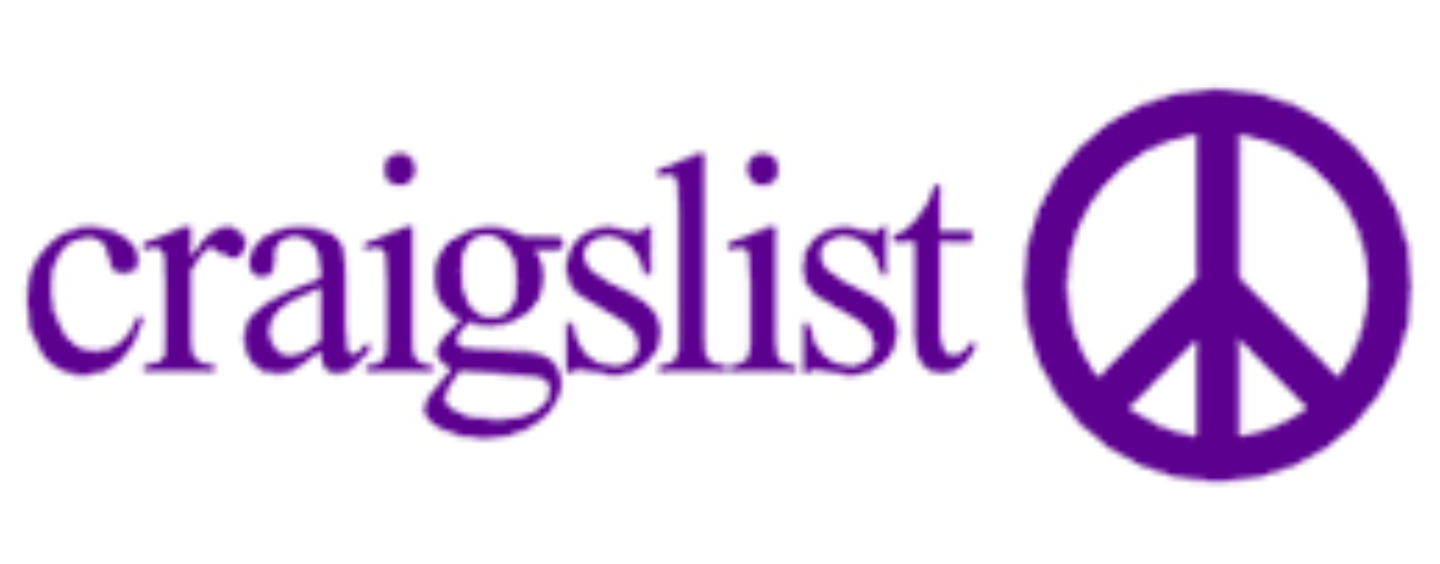Craigslist started in 1995 as a simple way for founder Craig Newmark to let friends know what was going on in San Francisco. Flashforward to 2016 and that one idea in one city now covers 700 cities in 70 countries and receives 20 billion page views a month.
Craigslist has classified listings for just about anything you can think of from cars, furniture and other items for sale to jobs postings, real estate for sale or rent, and personals. You find fantastic deals, if you know what to search for. Of course, being so popular, it’s also a hotbed for scam posts that try to trick you out of money.
RELATED: Craigslist Fails at Preventing Scam Rental Ads
How do you know what posts are real and which ones are scams?
Now, let’s take a look at how scammers operate on Craigslist and how you can spot them before you lose a bundle. We’ll also tell you how to stay safe during face-to-face transactions.
1. NOT LOCAL OR WON’T MEET
Craigslist is meant for locals to set up face-to-face transactions. If someone doesn’t live in your area or refuses to meet in person, then you probably should look elsewhere. Craigslist says this helps you avoid 99% of scams.
Of course, if you are meeting in person, you want to also think safety. Enough Craigslist meetings over the years have ended in robbery, assault or murder that you need to be cautious. Meeting in a public place and bringing a friend is always a good idea. Many police stations around the country have offered their parking lots as safe places for transactions. Learn more ways to stay safe when buying and selling on Craigslist.
2. NO SPECIFICS
If you’re in communication with a buyer or seller and their first response seems somewhat vague, that’s a tipoff. For example, if they only use generic terms like “the item” or “your area,” it could be that they’re using a message they send out to thousands of people across the country hoping to get a bite.
Normally at this point we’d also say that bad spelling and grammar are a tipoff. Unfortunately, when you’re dealing with the general public online, that isn’t always going to be a giveaway. There are scammers who use proper spelling and punctuation, and plenty of legitimate buyers and sellers who won’t.
3. SUSPICIOUS PAYMENT METHODS
The way a buyer or seller asks you to pay on Craigslist can clue you in on their intentions. The best way to pay or receive payment is cash, in-person. A cashier’s check or money order is also acceptable if you go with the buyer to their bank and see it issued. Otherwise, avoid these as they can be counterfeited.
If you ever see a request for a wire transfer (Western Union, MoneyGram, etc.), that’s almost guaranteed to be a scam. You should also avoid accepting personal checks or giving out financial information for direct deposits or transfers.
You’ll also run into partial payment scams. This is where you’ll make an agreement to send or receive part of the payment, then send or receive the rest upon delivery of the item. Usually, you’ll find yourself out the partial payment amount, or you’ll never receive the rest of the money for the item.
RELATED: 3 Summer Scams To Avoid
4. REQUESTS TO USE A THIRD PARTY
Some people you meet on Craigslist will ask you to transfer money through a third-party service. It might be a so-called “escrow” service, for example, that holds the money until all parties are satisfied.
These services often “guarantee” that you’ll get your money or can dispute a charge in case of fraud. Unfortunately, the majority of these third-party services are run by scammers.
5. TOO GOOD TO BE TRUE
This one seems obvious, but plenty of people still turn off their brain at the prospect of making fast, easy money. A check-cashing scam is a good example of this.
You’ll see an ad on Craigslist from someone trying to move money in or out of the country. They say they’ll send you a cashier’s check or money order to deposit, then you wire the money back (minus a nice cut for yourself, of course).
The trick is that the check or money order is counterfeit. The bank will cash it, but a few days later, after you’ve wired off the money, it won’t clear. You’ve lost whatever amount you sent off.
This can also happen when selling items. The buyer will give you a counterfeit cashier’s check for more than the item is worth and say you can wire back the difference. Don’t be fooled; leave immediately if the payment isn’t just as it should be.
BONUS: OTHER SCAMS
Not every scam on Craigslist is going to be about stealing your money. Many scammers like to put up listings that contain links to malicious sites. If you click the link, the site will launch an attack against your computer to try and slip on data-stealing viruses or ransomware.
That’s why it’s important to make your browser as hacker-proof as possible. You should also have strong security software installed that can warn you about malicious links and block unwanted downloads and programs from installing.
We recommend our sponsor, online security company Kaspersky Lab, which has 400 million customers worldwide and 270,000 business clients. In addition, it has 3,000 security experts on staff always on the lookout for new threats and coming up with ways to counter them.
You get the benefit of that vast experience and userbase when you buy Kaspersky Total Security. It provides protection against malware, phishing scams, banking scams, spam, public Wi-Fi attacks, webcam spying and plenty more. Plus, you get parental controls, file shredding, and even more great features.
Are you a victim of fraud or money scam? Share your story with us on the Money Credit and You Facebook page!
Disclosure: This post is brought to you by the Komando Staff. We aim to highlight products and services you might find interesting, or useful. This post includes products and services from our trusted sponsor, Kaspersky Lab.
Original article published on KimKomando.com.





